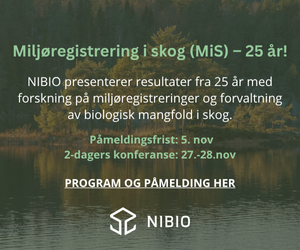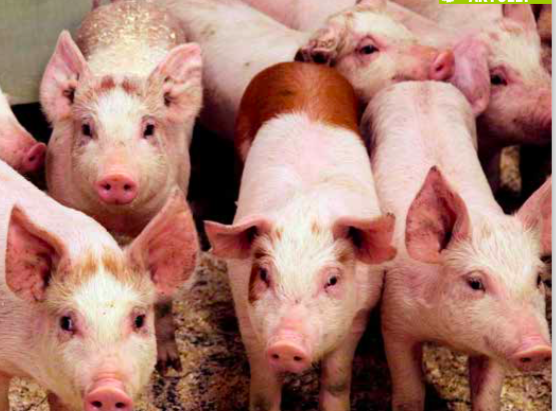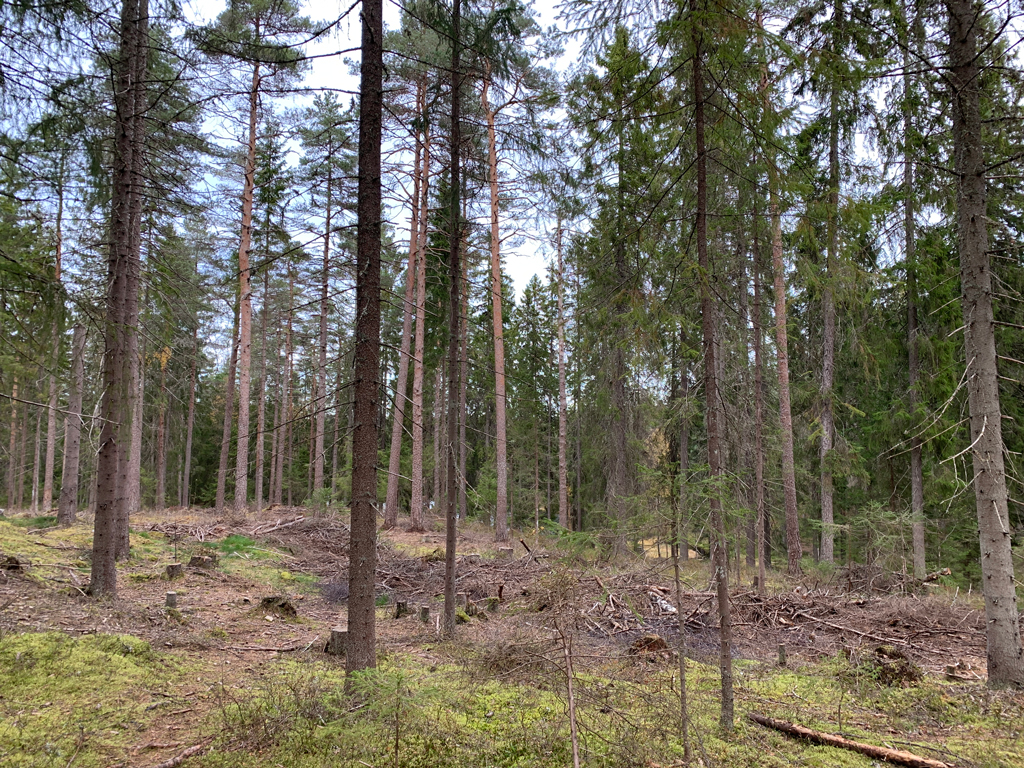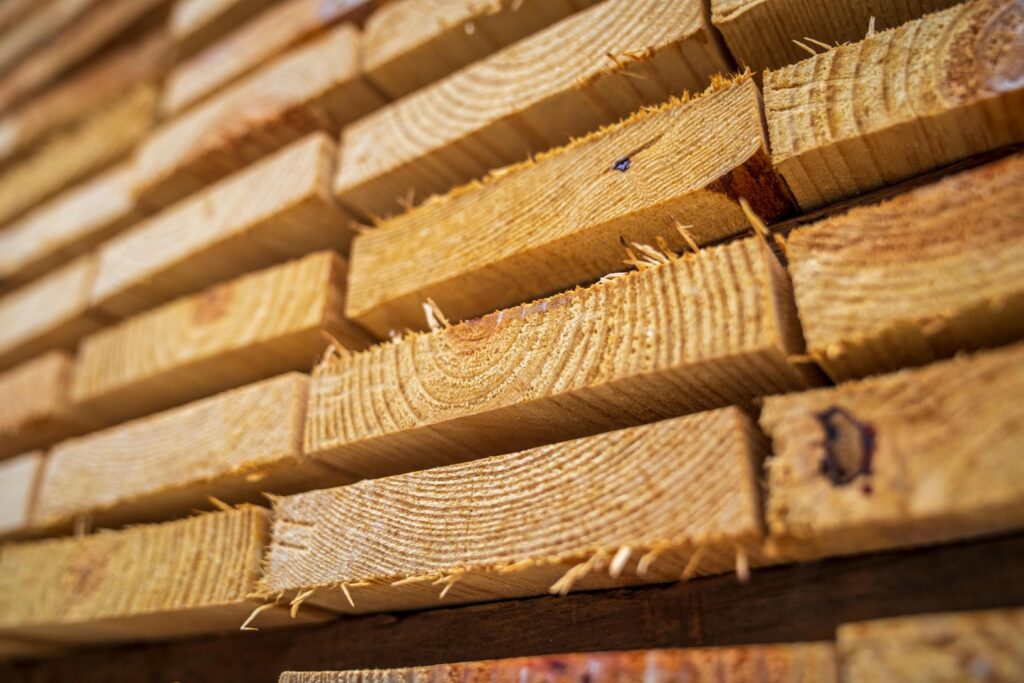Margareth Øverland leder Foods of Norway og viser hvordan flis kan bli til proteinrikt dyrefôr som både kan erstatte soyaimport og dessuten gi bedre dyrehelse. Dette kan bli et skikkelig kinderegg fra skognæringen – som «alle» heier på.
Professor og leder for Foods of Norway, Margareth Øverland, påpeker at årets tørke- sommer bare viser hvor sårbare vi er når det gjelder selvforsyningsgrad og matsikkerhet, og at husdyra har en nøkkelrolle i norsk matproduksjon. – Men vi er altså svært avhengig av importerte fôrråvarer. Klimaendringene og økende politisk uro i verden rokker dermed ved matsikkerheten vår, advarer hun.
I tillegg understreker hun hvor viktig norsk akvakultur og fiskeoppdrett er for Norge. Fôr til oppdrettsfisk har tradisjonelt kom- met fra fiskemel, men dette er ikke lenger bærekraftig. – Det er ikke nok fisk i havet til å fôre den sterkt økende mengden opp- drettsfisk på dette. Soyaprodukter har der- for overtatt som viktigste proteinkilde, men det er heller ikke problemfritt, sier Øverland.






